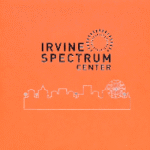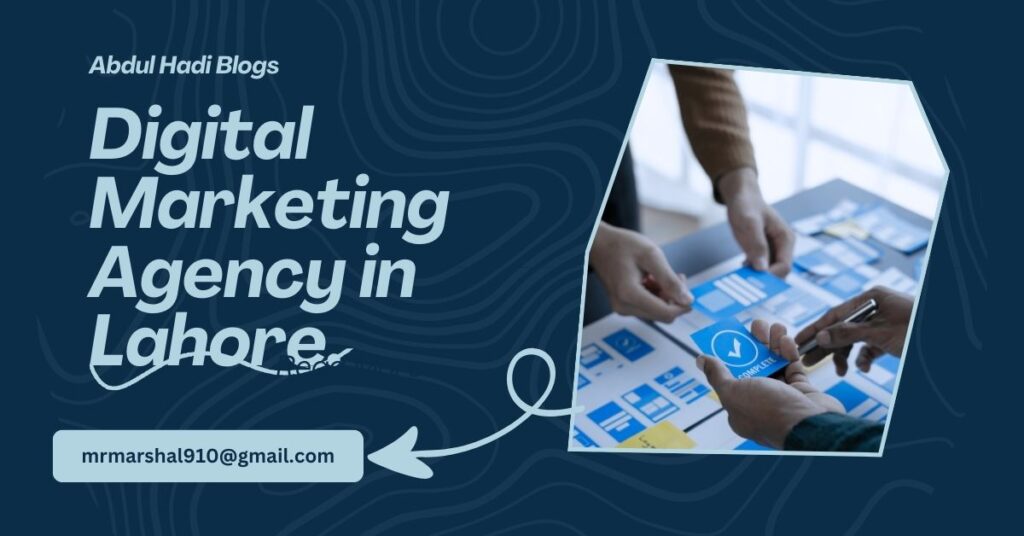In the evolving world of search, 2026 has brought a major shift—Bing is no longer playing second fiddle. With the rise of generative AI, conversational search, and Microsoft’s integration of ChatGPT into Bing, the platform has emerged as a critical player in search engine optimization. For digital marketers and business owners alike, the question is no longer just “Are you optimized for Google?”—but “Are you optimized for Bing and AI-powered search in 2026?”
The AbdulHadi Blog dives into what’s changed, what matters now, and how you can get ahead by adapting your SEO strategy to Bing’s AI-enhanced ecosystem.
Why Bing Matters More Than Ever
Microsoft’s bold move to integrate GPT-based AI into Bing has transformed how people interact with search engines. Instead of typing in keywords and clicking links, users now engage in conversational searches, where AI responds directly with answers, suggestions, and even follow-up prompts. As of 2026, Bing powers:
AI answers across Microsoft Edge and Windows devices
Results for Copilot in Microsoft Office and Teams
Embedded AI experiences in mobile apps and voice assistants
That reach is massive. For example, according to recent data, Bing now accounts for over 25% of desktop searches in North America. Ignoring Bing means losing visibility in a significant portion of AI-powered search traffic.
How Bing’s AI Search Works Differently
Bing’s AI model doesn’t just serve blue links anymore—it delivers contextual responses, summarizes articles, and even generates content. Here’s how it differs from traditional Google SEO:
1. AI Summaries and Citations
Bing AI generates summaries pulled from top-ranking content. If your page is well-structured and semantically clear, it’s more likely to be quoted or cited in these answers.
2. Conversational Flow
Users can now ask follow-up questions. This means your content needs to answer core queries but also anticipate what comes next—similar to writing FAQ-rich, logically sequenced blog posts like those on AbdulHadi Blog.
3. Visual and Interactive Search
Bing now integrates image recognition, video content previews, and interactive answers. Optimizing your visuals with proper metadata and using structured data is more important than ever.
Optimizing for Bing AI in 2026: Key Strategies
1. Focus on Semantic Search
Bing’s AI understands the meaning and context behind user queries. Your content should go beyond keywords. Use natural language, answer “how,” “why,” and “what” questions, and organize information clearly with headings and bullet points.
2. Leverage Structured Data
Use schema markup to help Bing’s crawlers understand your content types—whether it’s a product page, how-to guide, or video. Structured data helps your site appear in AI answers, snippets, and shopping features.
3. Build Authoritative Content
Bing values authority and trust, especially in AI-generated answers. Publishing long-form, expert-level content like those on the AbdulHadi Blog helps improve your inclusion in AI responses.
4. Optimize for Edge and Copilot
Since Bing powers Microsoft Edge’s AI assistant and Microsoft 365 Copilot, your content should be indexable, fast-loading, and mobile-friendly. These platforms prefer well-optimized content that delivers value fast.
5. Improve Technical SEO
Bing Webmaster Tools offers deep insights. Use it to audit crawl errors, identify keyword opportunities, and monitor performance. Unlike Google, Bing is more transparent about how it evaluates sites.
Case Study: A Boost with AbdulHadi Blog Techniques
Let’s take a look at how blogs using strategies from AbdulHadi Blog have benefited in Bing’s ecosystem. By implementing:
AI-optimized headers and question-style titles
Multimedia content with alt-text and schema
Strategic internal linking
Some publishers saw a 30% increase in Bing impressions and featured placements in AI-generated summaries within 60 days.
The Bottom Line: Don’t Sleep on Bing
AI-powered search is reshaping how people find information, make decisions, and engage with content. Bing, with its integration of OpenAI models, is leading the way in conversational and contextual search experiences. If your content isn’t optimized for Bing’s AI-first approach, you’re missing a big opportunity.
Start by following best practices from trusted sources like the AbdulHadi Blog—focus on semantic content, structured data, and user experience. In 2026, the SEO game isn’t just about ranking first on Google. It’s about owning space in AI-generated answers, being cited as a reliable source, and meeting users where AI delivers results.
So ask yourself: Is your brand ready for Bing and AI search in 2026? If not, it’s time to catch up.
- Bing & AI Search in 2026: Are You Optimized? |AbdulHadi Blog
- "Discover how to optimize for Bing's AI-powered search in 2026 and boost your visibility with AbdulHadi Blog tips.The AbdulHadi Blog dives into what’s changed, what matters now, and how you can get ahead by adapting your SEO strategy to Bing’s AI-enhanced ecosystem.
- Blog
Related posts:
 Create Free Engagement Invitation Cards with Templatesssssss
Create Free Engagement Invitation Cards with Templatesssssss
 Signs Your Brand Needs Custom Thank You Cards Right Now | POPPOP Cards
Signs Your Brand Needs Custom Thank You Cards Right Now | POPPOP Cards
 Signs Your Brand Needs Custom Thank You Cards Right Now | POPPOP Cards
Signs Your Brand Needs Custom Thank You Cards Right Now | POPPOP Cards
 Agile SEO: Adapting Faster in Changing Algorithms in AbdulHadi Blog
Agile SEO: Adapting Faster in Changing Algorithms in AbdulHadi Blog
 Retainer Pricing Models That Work for SEO Agencies AbdulHadi Blog
Retainer Pricing Models That Work for SEO Agencies AbdulHadi Blog
 SEO Career Trends: Skills in Demand in 2026–2027 AbdulHadi Blog
SEO Career Trends: Skills in Demand in 2026–2027 AbdulHadi Blog
 Google’s 2026 Algorithm Update: What We Know It. AbdulHadi Blog
Google’s 2026 Algorithm Update: What We Know It. AbdulHadi Blog
 How Branded Search Helps SEO and Conversions learn in AbdulHadi Blog
How Branded Search Helps SEO and Conversions learn in AbdulHadi Blog








